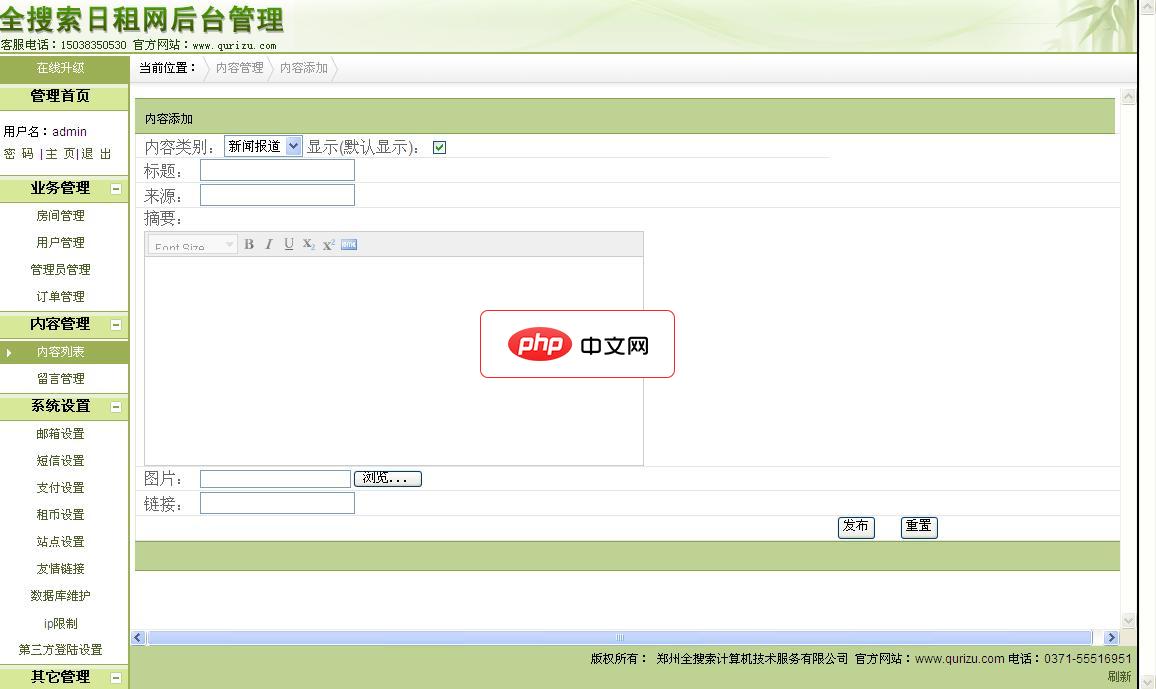基于 Koa平台Node.js开发的KoaHub.js的模板引擎代码
koahub-handlebars
koahub-handlebars
koahub handlebars templates
Installation
$ npm install koahub-handlebars
Use with koa
var koa = require('koa');
var hbs = require('koahub-handlebars');
var app = koa();
// koahub-handlebars is middleware. `use` it before you want to render a view
app.use(hbs.middleware({
viewPath: __dirname + '/views'
}));
// Render is attached to the koa context. Call `this.render` in your middleware
// to attach rendered html to the koa response body.
app.use(function *() {
yield this.render('index', {title: 'koahub-handlebars'});
})
app.listen(3000);
Registering Helpers
Helpers are registered using the #registerHelper method. Here is an example using the default instance (helper stolen from official Handlebars docs:
hbs = require('koahub-handlebars');
hbs.registerHelper('link', function(text, url) {
text = hbs.Utils.escapeExpression(text);
url = hbs.Utils.escapeExpression(url);
var result = '' + text + '';
return new hbs.SafeString(result);
});
Your helper is then accessible in all views by using, {{link "Google" "http://google.com"}}
The registerHelper, Utils, and SafeString methods all proxy to an internal Handlebars instance. If passing an alternative instance of Handlebars to the middleware configurator, make sure to do so before registering helpers via the koahub-handlebars proxy of the above functions, or just register your helpers directly via your Handlebars instance.
You can also access the current Koa context in your helper. If you want to have a helper that outputs the current URL, you could write a helper like the following and call it in any template as {{requestURL}}.
hbs.registerHelper('requestURL', function() {
var url = hbs.templateOptions.data.koa.request.url;
return url;
});
Registering Partials
The simple way to register partials is to stick them all in a directory, and pass the partialsPath option when generating the middleware. Say your views are in ./views, and your partials are in ./views/partials. Configuring the middleware via
app.use(hbs.middleware({
viewPath: __dirname + '/views',
partialsPath: __dirname + '/views/partials'
}));
will cause them to be automatically registered. Alternatively, you may register partials one at a time by calling hbs.registerPartial which proxies to the cached handlebars #registerPartial method.
Layouts
Passing defaultLayout with the a layout name will cause all templates to be inserted into the {{{body}}} expression of the layout. This might look like the following.
contact : {{email}}

去日租程序是一款具有强大的功能的基于.NET+SQL2000+AJAX构架的房屋出租管理系统。 日租网站管理系统,采用ASP.NET2.0语言开发,它集成租房模块、文章模块、订单模块、邮箱短信模块、用户模板、SEO优化模块、房间模块、支付模块等多项强大功能。系统有多年经验的高级工程师采用三层架构开发,页面代码全部采用DIV+CSS,完全符合SEO标准,有利于搜索引擎关键排名优化。日租网站
 0
0



每个人都需要一台速度更快、更稳定的 PC。随着时间的推移,垃圾文件、旧注册表数据和不必要的后台进程会占用资源并降低性能。幸运的是,许多工具可以让 Windows 保持平稳运行。

Copyright 2014-2025 https://www.php.cn/ All Rights Reserved | php.cn | 湘ICP备2023035733号